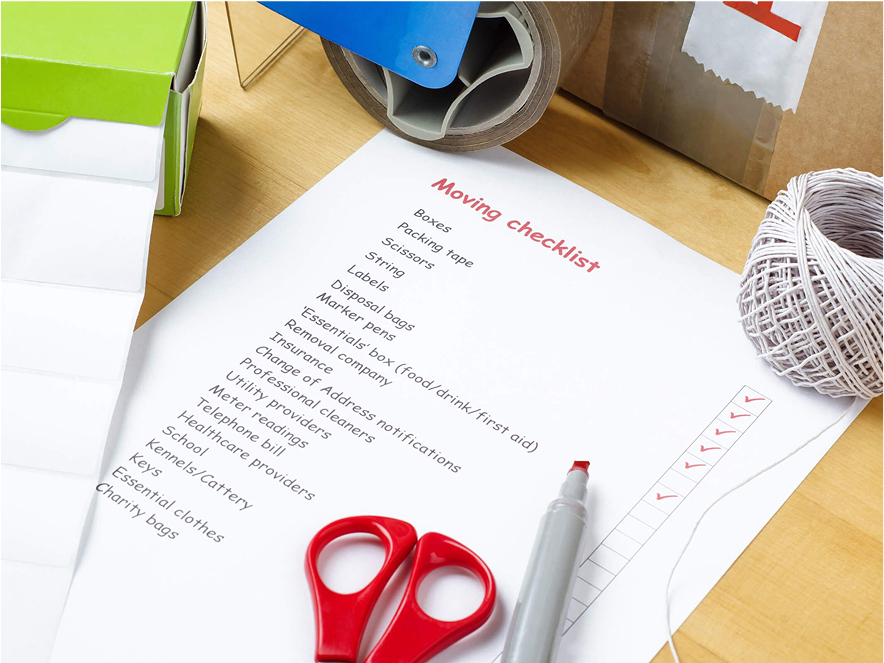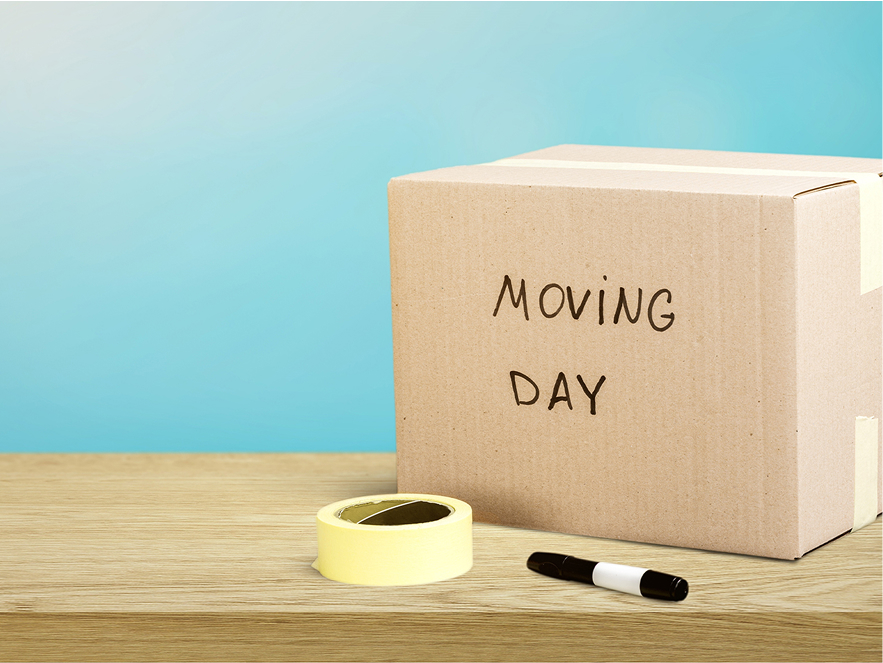Selling Guide
Moving House Made Easy
Get a Free Cash Offer Today
Instant Cash Offer
Get a free, no-obligation offer in minutes.
Quick Sale:
Receive funds in as quickly as 7 days.
Guaranteed Sale
We buy any property, hassle-free.

Everything You Need to Know About Moving House
Moving can be exciting yet overwhelming. At House Sold Fast, we simplify the process with expert guidance and essential checklists to keep you on track. Whether upsizing, downsizing, or relocating, we have you covered.
Why People Move:
- Upsizing or downsizing.
- Buying a first home or renting.
- Relocating for personal or family reasons.
- Moving due to a job change or new opportunities.
- Selling inherited property quickly

Key Considerations Before Moving

Assess Your Reasons & Budget
- Determine your financial capacity for renting or buying.
- Explore government funding schemes if applicable.
- Consider additional moving costs such as removal services and agent fees.

Research the Market
- Ensure your desired location aligns with your budget.
- List property priorities (schools, transport, amenities).
- Check market trends to get the best deal.

Prepare for Selling
- Evaluate your home’s worth and choose a selling strategy.
- Consider a cash buyer for a quick sale.
- Declutter and make small improvements to increase property appear

Pre-Move Planning Checklist
- Hire a conveyancing solicitor.
- Confirm your moving date.
- Speak to current owners/tenants for property insights.
- Finalize your mortgage.
- Begin packing early.
- Arrange movers or storage if needed.
- Change your address with banks, utilities, and subscriptions.
- Organize property insurance.
- Redirect mail and cancel council tax/utilities.
- Notify schools and employers about the move.
Moving Day Essentials
- Collect your keys early.
- Inspect and photograph the property (especially if renting).
- Record meter readings for both homes.
- Unpack essentials first, leaving bulk unpacking for later.
- Set up an internet connection and security systems if required.


Post-Move Checklist
- Pay stamp duty (if applicable).
- Register with the council and electoral roll.
- Set up utilities and switch providers if necessary.
- Find local healthcare providers.
- Update driving license and vehicle registration address.
- Get to know your new neighborhood.
Moving Home FAQs
Where do I start when moving house?
Once an offer is accepted, your conveyancing solicitor will guide you through the legal paperwork. In the meantime, start decluttering and packing non-essential items, researching removal companies, and gathering quotes for services like cleaning and storage.
How much is the average cost to move house?
The cost varies based on factors like distance, the size of your home, and additional services required. On average, moving costs range from £300 to £1,000 for local moves, but prices may be higher for long-distance or international relocations.
How much are the average solicitor’s fees for moving house?
Solicitor’s fees depend on the complexity of the transaction and location. Generally, you can expect to pay anywhere from £850 to £1,500 (including VAT) for conveyancing services. Some solicitors may charge additional fees for leasehold properties or complex sales.
What should I do two weeks before moving?
- Confirm your moving date with your solicitor and removal company.
- Begin packing essentials and valuables separately.
- Notify utility companies to transfer or close accounts.
- Arrange home insurance for your new property, effective on your move-in date.
- Inform your employer if you need time off for moving.
- Start using up food in your fridge/freezer to minimize waste.
Who do I need to notify before I move house?
Make sure to update your address with:
- Banks, credit card providers, and HMRC
- DVLA for your driving license and vehicle registration
- Local council for council tax updates
- Utility providers (gas, electric, water, internet, TV license)
- Insurance companies (home, car, health, life)
- Your employer and doctor/dentist
- Electoral roll registration
Do you pay movers before or after in the UK?
Most moving companies require a deposit 7-14 days before the move, with the remaining balance paid after the move is complete. Avoid movers who ask for full payment upfront before any services are provided.
Can you move house in a day?
Yes, it’s possible to move in a single day if:
- You pack in advance and label boxes clearly.
- The property is cleaned and ready for new occupants.
- You hire a professional moving company to speed up the process.
However, giving yourself an extra day or two can help avoid last-minute stress.
How can I manage moving stress?
- Plan ahead with a detailed checklist.
- Ask friends or family for help with packing.
- Keep essentials accessible (documents, toiletries, chargers).
- Stick to routines, especially for children and pets.
- Take breaks and avoid last-minute packing.
How can I negotiate better rates with movers?
- Get multiple quotes from reputable moving companies.
- Move during off-peak times (weekdays or outside of summer).
- Ask for discounts if booking early or bundling services.
- Compare services (packing, storage, insurance) before committing.
What are common moving mistakes, and how can I avoid them?
- Underestimating time needed to pack → Start at least 4-6 weeks in advance.
- Not decluttering → Sell, donate, or discard items you don’t need.
- Forgetting to change your address → Notify banks, utilities, and government agencies.
- Not researching removal companies → Read reviews and confirm insurance coverage.
What should I do on moving day?
- Double-check your old home for forgotten items.
- Take meter readings for gas, electricity, and water.
- Ensure all keys are handed over to the new owner or estate agent.
- Unpack essentials first to make your first night comfortable.
